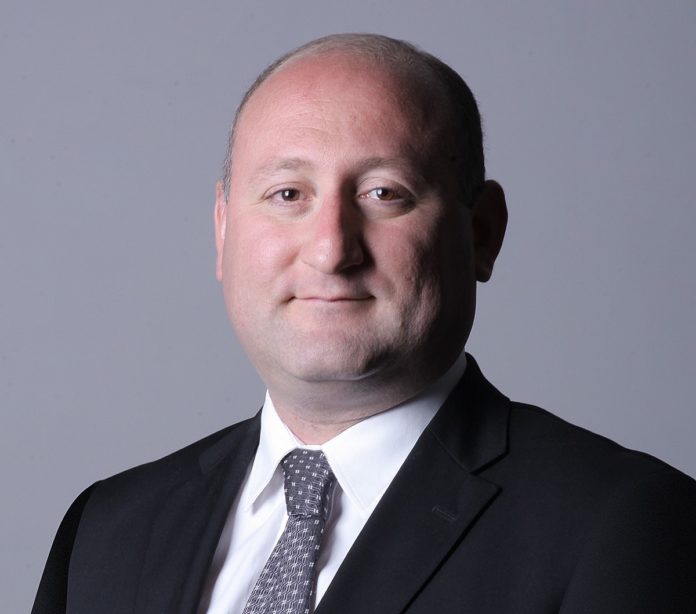Concerning the blockade of Artsakh, Azerbaijan’s President Ilham Aliyev seems to have miscalculated. According to Baku’s scenario, the attention of the international community is focused on the Ukraine war, and Aliyev tried to take advantage of the situation and use its momentum.
His calculations were based on a number of factors. First of all, he calculated that Russia is in a rather difficult situation and according to Aliyev’s scenario, it cannot serve its interests in the South Caucasus, including Artsakh, where Russian peacekeepers have been stationed since the 2020 war. Second, Aliyev believed that the fact that he supplies gas to Europe would mean that the European Union (EU) will turn a blind eye to his inhumane move. Third, he believed that the Armenian community would not be able to mobilize its resources, because official Yerevan is not particularly interested in the fate of the Artsakh issue. Fourth, he thought that the international press and international organizations would not be particularly interested in what is actually happening in Artsakh, because they are not interested in the Artsakh problem in general.
However, it turned out that everything happened in the opposite sense.
One of the strongest blows Aliyev received was the resolution passed by the European Parliament. The European Parliament strongly denounced Azerbaijan’s illegal blockade of the Lachin corridor, in violation of the trilateral statement of November 9, 2020, as it threatens to precipitate an intentional humanitarian crisis for the people of Nagorno-Karabakh. It also demanded that the Azerbaijani authorities restore freedom of movement through the Lachin corridor with immediate effect. Moreover, the European Union formally decided to send a new monitoring team to Armenia’s border with Azerbaijan in an effort to ease lingering tensions there. “It will conduct routine patrolling and report on the situation, which will strengthen the EU’s understanding of the situation on the ground,” it said in a statement released after a meeting of the foreign ministers of EU member states. This step of the EU will naturally reduce the appetite of Azerbaijan in terms of starting military operations against the sovereign territory of Armenia. The degree of aggressiveness with which Aliyev responded to the EU initiative and European Parliament statement indicates that his calculations were wrong.
The Aliyev regime received another strong blow from Russia. Most likely, Aliyev calculated that the absence of the Armenian foreign minister from the tripartite meeting which should have taken place late in 2022 would somehow force the Russian side to take a soft position on the issue of the Lachin Corridor, but this did not happen. Russian Foreign Minister Sergei Lavrov spoke to his Azerbaijani counterpart Jeyhun Bayramov and “stressed the need for a swift and complete unblocking of traffic through the Lachin Corridor,” the Russian Foreign Ministry said in a statement. In general, during that meeting, there was obvious tension between Azerbaijan and Russia. Yet another problem is the fact that Azerbaijan is trying its best to discredit the Russian peacekeeping mission with this blockade, which Russia cannot tolerate.
As for France, at the special meeting of the Organization for Security and Cooperation in Europe Permanent Council, France reiterated its call for the immediate and unconditional restoration of freedom and security of movement through the Lachin corridor, respecting the rights of the local population. Moreover, the representative of France reiterated the commitment to support, alongside the European Union, the search for progress on the subjects under negotiation between Armenia and Azerbaijan with a view to establishing lasting peace in the region. France also confirmed that its committee members would contribute to this objective in cooperation with all partners and stakeholders. At the same time, French diplomacy played an active role in the deployment of the EU mission in Armenia.









